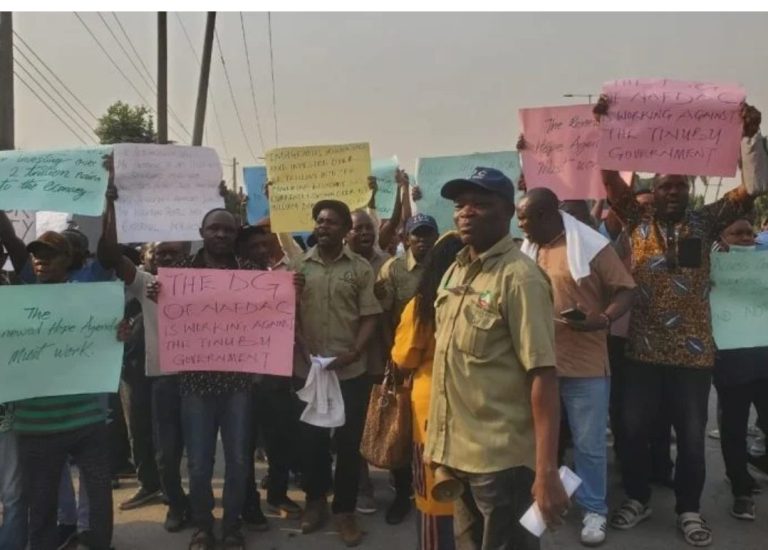
The United Kingdom has reaffirmed its commitment to strengthening collaboration with Nigeria in addressing the growing challenges of cybercrime and digital insecurity, pledging technical support, intelligence sharing, and capacity-building under an ongoing security partnership.
Speaking at the inaugural seminar on Anticipatory, Cyber, and Digital Diplomacy for Strengthening Nigeria’s Foreign Policy in Abuja on Tuesday, British High Commissioner to Nigeria, Richard Montgomery noted that the UK–Nigeria cybersecurity partnership, formalized under a Memorandum of Understanding signed last year, focuses on five key areas: threat hunting, cyber threat intelligence, protection of critical national infrastructure, digital forensics, and national incident response planning.
“These areas are fundamental to building government cyber capabilities and effective international cyber diplomacy”, Montgomery said, warning that emerging tools such as artificial intelligence could “turbocharge” cyber threats, including disinformation and hate speech.
He stressed that while Nigeria will make sovereign decisions in cyberspace, the UK stands ready to share lessons from its Foreign Office, research institutions, private sector partners, and universities to help Nigeria build a resilient digital ecosystem.
Welcoming the collaboration, Nigeria’s Minister of Foreign Affairs, Ambassador Yusuf Tuggar, emphasized the urgency for Nigeria to position itself as a principled, capable, and forward-looking actor in the global digital order.
Tuggar announced the creation of a Cyber Diplomacy Unit within the Ministry of Foreign Affairs to coordinate Nigeria’s international cyber engagements. The unit will work with partners like the UK, train a new generation of African cyber negotiators, and champion ethical digital governance, he said.
Tuggar reiterated that cyber diplomacy must be integrated into Nigeria’s foreign service, national security framework, and multilateral engagements, with a focus on training cyber negotiators, expanding regional incident response, and promoting African-led solutions to global digital challenges.
“Anticipatory diplomacy allows us to detect early warning signals, foresee systemic shocks, and plan strategically for the future, whether in the global race for critical minerals, AI regulation, or restructuring global supply chains”, he said.
On cyber diplomacy, the minister highlighted its scope as international cooperation to combat cybercrime, protect critical infrastructure, safeguard elections, and shape global norms on data privacy, internet freedom, and information integrity.


